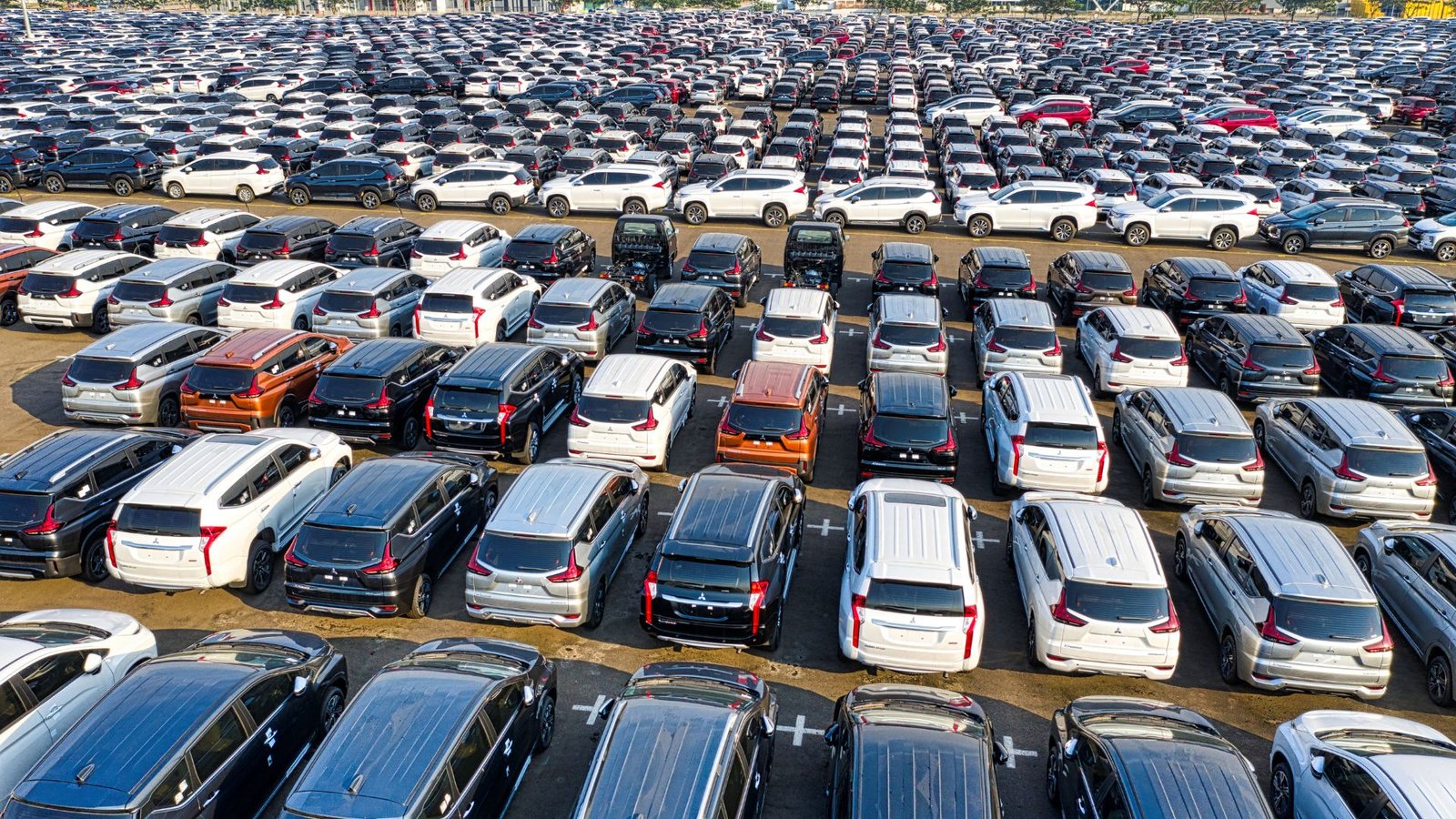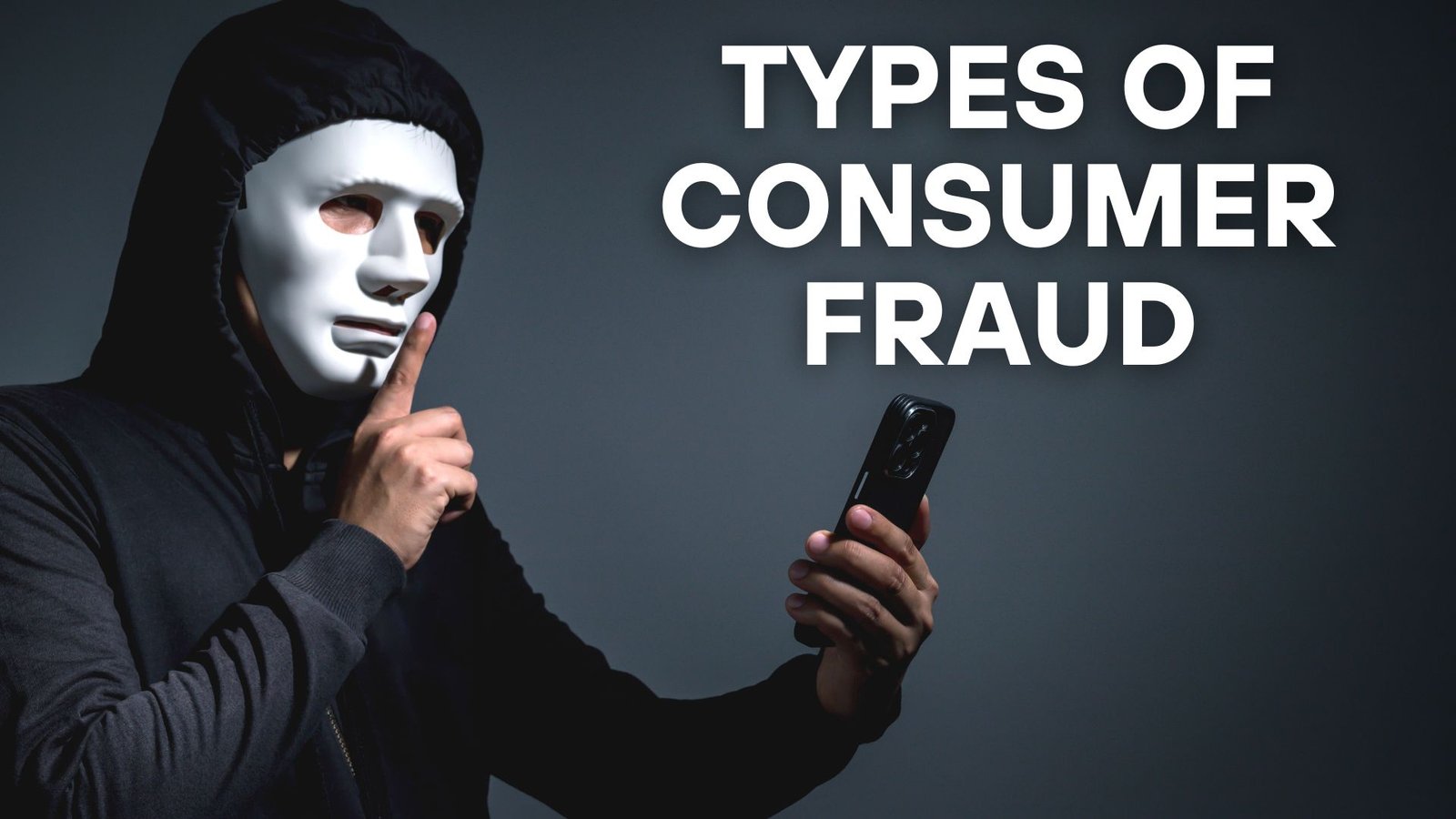On this page you will read detailed information about Should Carmakers be Liable for Dealers’ Wrongdoings?
As you browse the gleaming rows of new vehicles at your local dealership, you may not give much thought to the complex legal relationships behind the scenes. But an important question looms: Should carmakers be held responsible when dealers engage in unethical or illegal practices? This issue has significant implications for consumer protection and corporate accountability in the automotive industry. Recent high-profile cases have brought renewed attention to the liability of manufacturers for dealer misconduct. In this article, we’ll examine the legal and ethical considerations surrounding manufacturer liability, explore notable precedents, and analyze the potential impacts on carmakers, dealers, and car buyers alike.
The Relationship Between Car Manufacturers and Dealers
Distinct Roles and Responsibilities
Car manufacturers and dealers have a complex, symbiotic relationship within the automotive industry. Manufacturers focus on producing vehicles that consumers desire, while dealers are responsible for selling these vehicles to the public. This division of labor allows each entity to specialize in its core competencies, theoretically leading to a more efficient market.
Franchise Agreements and Control
The relationship between manufacturers and dealers is governed by legally binding franchise agreements. These contracts outline the rights and obligations of both parties, including inventory allocation, sales targets, and brand representation standards. While manufacturers don’t directly own or control dealerships, they can exert significant influence over dealer operations and, in extreme cases, even force the sale of a dealership that fails to meet requirements.
Challenges and Misalignments
Despite their interdependence, the relationship between manufacturers and dealers is often strained. Manufacturers are incentivized to wholesale as many vehicles as possible to boost their sales numbers, sometimes leading to oversupply at dealerships. Conversely, dealers want more control over their inventory and sales strategies. This misalignment can result in a convoluted car-buying experience for consumers, as dealers attempt to maximize profits while manufacturers focus on wholesale volumes.
Collaboration and Future Outlook
Effective collaboration between manufacturers and dealers is crucial for success in the rapidly evolving automotive industry. Improving knowledge transfer, addressing technician shortages, and leveraging technology for better communication and data exchange are key areas for strengthening this relationship. As the industry faces challenges like new vehicle technologies and changing ownership models, a robust manufacturer-dealer partnership will be essential for navigating these shifts and delivering value to consumers.
When Dealers Act as Agents of Carmakers
The Agency Model Explained
In recent years, some carmakers have been exploring the agency model as an alternative to the traditional dealership system. Under this model, dealers act as agents on behalf of the manufacturer, rather than operating independently. This shift fundamentally changes the relationship between carmakers and dealers, potentially impacting liability issues.
Implications for Liability
When dealers function as agents, carmakers may face increased responsibility for their actions. In the agency model, manufacturers set fixed prices and retain ownership of vehicle inventory, giving them more control over the sales process. This increased control could lead to greater liability for the carmaker if a dealer engages in wrongdoing.
Potential Benefits and Risks
The agency model offers several advantages, including improved customer experience and reduced financial risk for dealers. However, it also presents new challenges. Carmakers must carefully consider the legal implications of this arrangement, as they may be held more accountable for dealer actions. While the traditional franchise system has worked well for over a century, this new model could reshape liability dynamics in the automotive industry.
Liability of Carmakers for Dealers Under the Law
The Used Car Rule and Dealer Responsibilities
Under the Federal Trade Commission’s Used Car Rule, car dealers who sell more than 5 used vehicles in a 12-month period must comply with specific regulations. This rule requires dealers to display a Buyers Guide on each used vehicle, providing crucial information about warranties and covered systems. Dealers must use either an “As Is-No Dealer Warranty” or “Implied Warranties Only” guide, depending on state laws and warranty offerings.
Potential Liability for Product Defects
California law recognizes three types of product defects for which auto dealerships can be held liable: design defects, manufacturing defects, and failure to warn. To establish liability, plaintiffs must prove the product was defective and unreasonably dangerous, the dealer was in the business of selling automobiles, and the defect existed at the time of sale. Notably, a California appeals court has held that dealers can be strictly liable for design defects, even in “pass-through” transactions where they didn’t profit or create the defect.
Consumer Protections and Dealer Obligations
The Car Buyer’s Bill of Rights in California imposes additional obligations on dealers. Dealers must provide detailed disclosures about credit scores, pricing breakdowns for add-on products, and limitations on dealer compensation from financing institutions. For used cars priced under $40,000, dealers must offer a 2-day contract cancellation option. Failure to comply with these regulations can result in consumer complaints and potential legal consequences for dealers.
In the previous post, we had shared information about TRAI Consent Regulations for SMS and Call Campaigns, so read that post also.
Case Studies of Carmaker Liability for Dealer Actions
The Vandermark v. Ford Motor Company Case
In a landmark decision, the Supreme Court of California ruled that Ford Motor Company could be held liable for defects in a vehicle sold by an authorized dealer. The case involved Chester Vandermark, who suffered serious injuries when his new Ford car crashed due to an alleged defect. The court determined that Ford was responsible for the car’s safety upon delivery to the customer, regardless of where in the supply chain the defect originated.
Expanding Liability Beyond Manufacturers
This ruling set a precedent for holding not just manufacturers, but also retailers accountable. The court decided that Maywood Bell, the Ford dealer, could be strictly liable for personal injuries caused by the defective car, irrespective of warranty disclaimers. This expanded the scope of liability throughout the distribution chain.
Recent Developments in Dealer-Manufacturer Relations
In a more recent case, Tesla challenged a Louisiana law prohibiting direct sales to consumers and warranty services for cars they don’t own. While the equal protection claim was dismissed, the court found merit in Tesla’s due process claim, highlighting the ongoing tension between manufacturers, dealers, and state regulations.
Steps to Holding Manufacturers Accountable
Improve Transparency and Quality Assurance
To hold car manufacturers accountable for dealers’ wrongdoings, the first step is to demand increased transparency and improved quality assurance. Manufacturers should prioritize enhancing their quality control processes during production to minimize defects before vehicles reach dealerships. This proactive approach can significantly reduce the likelihood of issues arising at the dealer level.
Strengthen Consumer Protection Laws
Advocating for stronger consumer protection laws is crucial. The new Combating Auto Retail Scams (CARS) Rule aims to stop bait-and-switch tactics and hidden fees in the car buying process. While currently paused pending judicial review, this rule could save car buyers an estimated $3.4 billion per year by making it easier to compare actual prices and refuse unnecessary add-ons.
Enhance Warranty Programs and Support
Manufacturers should be held accountable for enhancing their warranty programs and investing in robust customer support systems. This includes providing comprehensive coverage for buyers and establishing efficient service centers to address vehicle issues promptly. By doing so, manufacturers can take more responsibility for resolving problems that may arise from dealer misconduct or negligence.
Implement Stricter Oversight of Dealerships
Finally, pushing for stricter oversight of dealerships by manufacturers is essential. This could involve regular audits, mystery shopping programs, and implementing consequences for dealerships found engaging in unethical practices. By taking a more active role in monitoring their authorized dealers, manufacturers can help prevent wrongdoings and protect consumers from potential harm.
Conclusion
As you consider the complex issue of carmaker liability for dealer misconduct, it’s clear there are valid arguments on both sides. While holding manufacturers accountable could incentivize better oversight, it may also unfairly punish companies for actions outside their control. Ultimately, the courts will need to carefully weigh the specifics of each case to determine where responsibility lies. Moving forward, increased transparency and communication between carmakers, dealers, and consumers will be essential. By working together to uphold ethical standards across the industry, all parties can help ensure fair treatment and build greater trust in the car-buying process. The road ahead may be challenging, but finding the right balance is crucial for the automotive sector’s future.
Disclaimer
The information and services on this website are not intended to and shall not be used as legal advice. You should consult a Legal Professional for any legal or solicited advice. While we have good faith and our own independent research to every information listed on the website and do our best to ensure that the data provided is accurate. However, we do not guarantee the information provided is accurate and make no representation or warranty of any kind, express or implied, regarding the accuracy, adequacy, validity, reliability, availability, or completeness of any information on the Site. UNDER NO CIRCUMSTANCES SHALL WE HAVE ANY LIABILITY TO YOU FOR ANY LOSS OR DAMAGE OF ANY KIND INCURRED AS A RESULT OR RELIANCE ON ANY INFORMATION PROVIDED ON THE SITE. YOUR USE OF THE SITE AND YOUR RELIANCE ON ANY INFORMATION ON THE SITE IS SOLELY AT YOUR OWN RISK. Comments on this website are the sole responsibility of their writers so the accuracy, completeness, veracity, honesty, factuality and politeness of comments are not guaranteed.
So friends, today we talked about Should Carmakers be Liable for Dealers’ Wrongdoings?, hope you liked our post.
If you liked the information about Should Carmakers be Liable for Dealers’ Wrongdoings?, then definitely share this article with your friends.
Knowing about laws can make you feel super smart ! If you find value in the content you may consider joining our not for profit Legal Community ! You can ask unlimited questions on WhatsApp and get answers. You can DM or send your name & number to 8208309918 on WhatsApp








